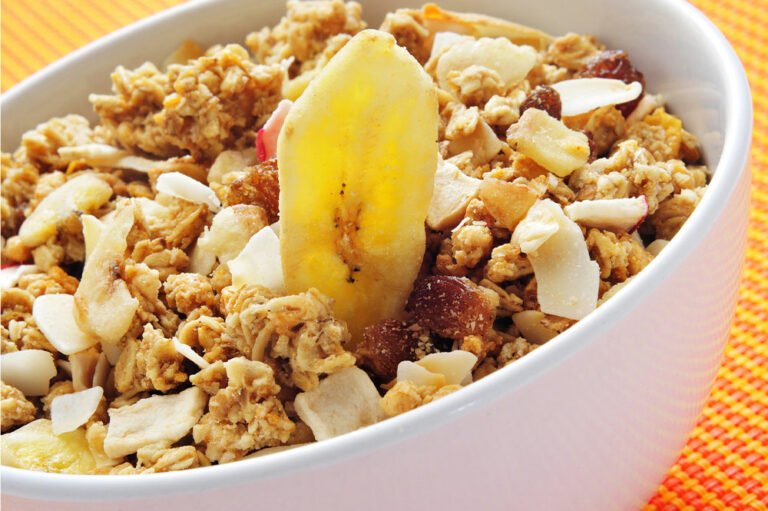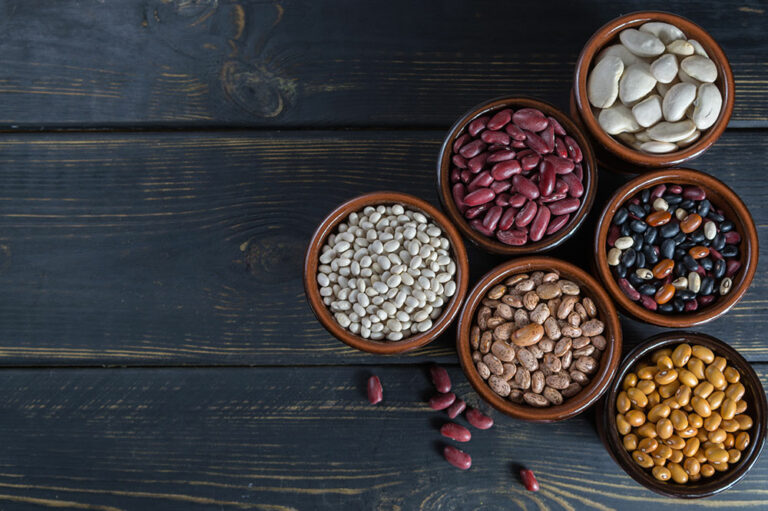
Health
13 foods that help manage Crohn’s disease symptoms
Crohn’s disease is an inflammatory bowel disease that can cause symptoms like a reduced appetite, diarrhea, and stomach pain. It affects the gastrointestinal system and can get aggravated by certain foods. So, treatment, along with lifestyle changes like better food choices, can help one manage the symptoms, reducing their severity and frequency. Here is a look at how nutrition plays a role in managing Crohn’s disease and foods that can ease associated symptoms: Nutrition and Crohn’s disease Crohn’s disease is a chronic inflammatory condition affecting the GI tract, also considered an autoimmune disorder. Here, the immune system accidentally attacks the lining cells in the digestive tract. For those with Crohn’s, monitoring and restricting trigger foods can help them cope with the disease. One can try an elimination food plan to remove one type of food at a time to identify the items the body cannot tolerate. However, while in remission, one can follow a well-rounded meal plan consisting of fruits, vegetables, proteins, and fat sources that improve overall health. Top foods There is no single meal plan that works for every individual with Crohn’s disease. So, here are a few healthy options that are best tolerated when dealing with the condition:
Read More 





